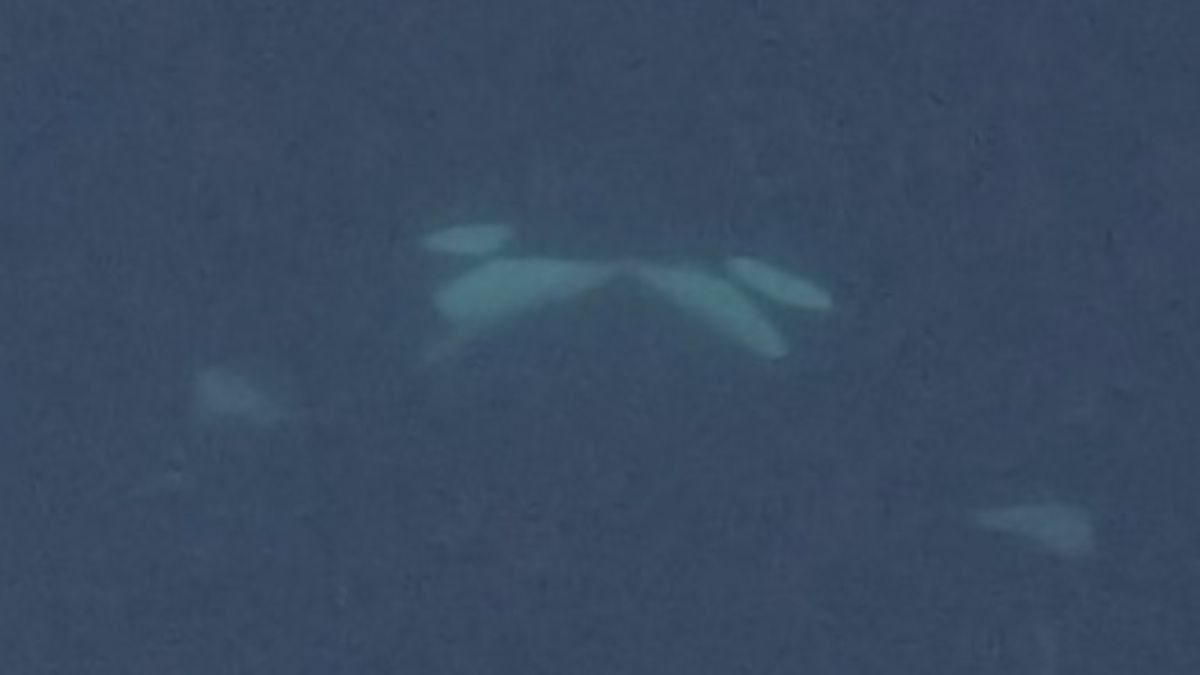Orcas filmed making out in the wild for first time

Scientists uncover Earth's oldest rocks in Canada, dating back 4.16 billion years, while also retracing a 30,000-year-old ocean voyage in a hollowed-out log, revealing groundbreaking insights into ancient Earth and human exploration.

All major sources, one page
Feel the mood behind headlines
Know what’s trending, globally
Get summaries. Save time
9,907
122
211
2 hours ago
Get instant summaries, explore trending stories, and dive deeper into the headlines — all in one sleek, noise-free mobile experience.
Stay sharp in 60 seconds. Get concise summaries of today’s biggest stories — markets, tech, sports, and more
All major sources, one page
Feel the mood behind headlines
Know what’s trending, globally
Get summaries. Save time
9,907
122
211
2 hours ago
Get instant summaries, explore trending stories, and dive deeper into the headlines — all in one sleek, noise-free mobile experience.
Stay sharp in 60 seconds. Get concise summaries of today’s biggest stories — markets, tech, sports, and more